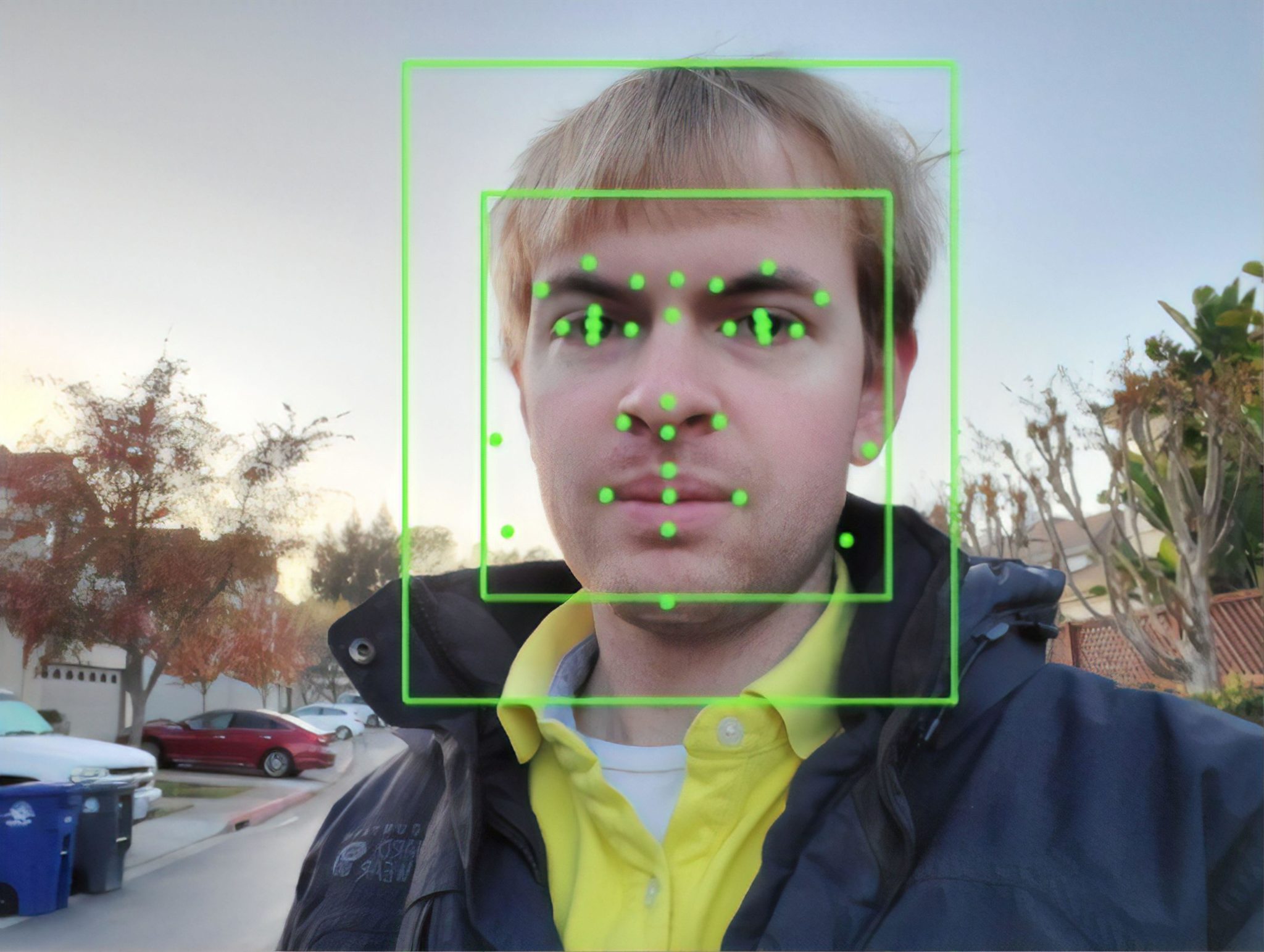MEPs have backed new rules governing the use of Artificial Intelligence.
The Artificial Intelligence Act includes measures to ban applications that threaten citizens' rights.
The European Parliament heard the rules would ensure safety and compliance with fundamental rights while boosting innovation.
The regulation, agreed in negotiations back in December 2023, was endorsed by MEPs today with 523 votes in favour, 46 against and 49 abstentions.
It will see safeguards on general purpose Artificial Intelligence (AI), limits on the use of biometric identification systems and bans on AI used to manipulate or exploit user vulnerabilities.
The new rules also ban certain AI applications that threaten citizens' rights - including untargeted scraping of facial images from the internet or CCTV footage to create facial recognition databases.
Ireland South MEP Deirdre Clune told Moncrieff what is defined as high-risk.
"If you're defined as being in a high-risk category you pose a risk to the health, the safety or the fundamental rights of an individual," she said.
"If you're in that category then you have certain requirements which you have to comply with the regulator, share the data upon which your AI system was based [and] engage in the code of conduct the regulator will establish."
 A computer performs facial recognition on a photograph of a man in November 2019. Image: Gado Reportage / Alamy Stock Photo
A computer performs facial recognition on a photograph of a man in November 2019. Image: Gado Reportage / Alamy Stock PhotoMs Clune said high-risk areas include education and training, employment and healthcare.
"If you're a surgeon and you have a tumour that you want to treat, you could be using an AI system to decide how you would treat that and that's high risk," she said.
"Obviously it can provide a great solution but it could be a risk to the patient so therefore that system has to comply.
"Same in employment: if you're screening hundreds of thousands of CVs for a particular job, there it will be high-risk because there could be bias built into the screening system".
Ms Clune said a central AI office will work with member states, while companies can also decide on their risk factors.
"There will be consultation, it won't be just the regulator standing at arms length from developers or deployers," she said.
"They will [be] there to facilitate them, there's an advisory board and it's anticipated that there will be help and support".
What is banned?
Ms Clune said a number of procedures will be banned under the new law.
"What is explicitly banned will be scrapping of facial images from the internet, social scoring, exploitation of people using subliminal techniques is going to be banned," she said.
"Biometric identification in public accessible places is going to be banned except for law enforcement.
"Our policing service can use it but only in strict areas like child abduction [or] terrorism and they have to have judicial approval of that.
"It's time limited and repeat again if you need it, but it's not a forever permission".
Ms Clune said there is an "open-ended approach" as the area is changing on a regular basis.
The regulation is still subject to a final lawyer-linguist check and also needs to be formally endorsed by the European Council.
It will enter into force 20 days after its publication and be fully applicable 24 months this date.
Listen back here:









